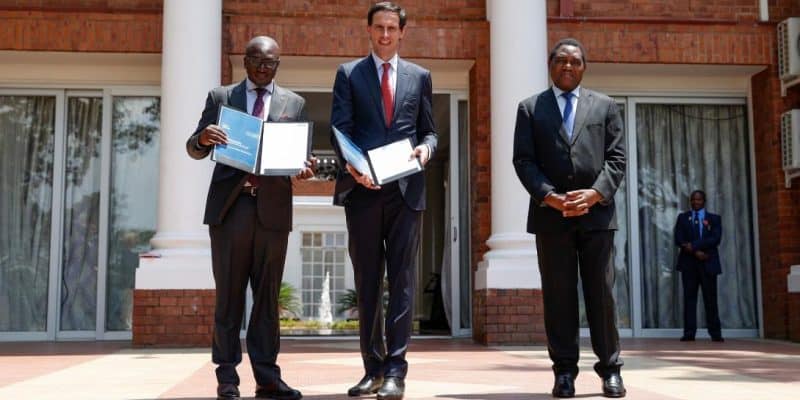Forest governance is at the heart of a four-year partnership between the European Union (EU) and Zambia, in a context marked by land degradation and the loss of terrestrial biodiversity.
Over the next four years, Zambia will strengthen the management of its forests in response to global warming and with a view to promoting ecotourism. To achieve this objective, the East African country will receive financial and technical support from the European Union (EU). A roadmap was signed recently in the capital Lusaka by Collins Nzovu, Zambia’s Minister for the Green Economy and the Environment, and the European Commissioner for Climate Action.
According to the Dutchman Wopke Hoekstra, this partnership is part of the EU’s Global Gateway programme, which aims to stimulate sustainable and inclusive investment, particularly on the African continent. Between 2024 and 2027, the aim is to strengthen the conservation and restoration of forest biodiversity (flora and fauna) and improve the livelihoods and resilience of local communities.
One of the long-term objectives is to create new jobs to reduce unemployment, which is currently only around 6% according to World Bank estimates. European support will enable President Hakainde Hichilema’s government to ensure eco-responsible development of the value chains for products such as honey, and to promote ecotourism on a massive scale to exploit the potential of the fauna and flora of several natural sites, including the Kafue National Park, which is currently being restored.
Read also- DRC/ZAMBIA: an agreement to manufacture batteries for electric vehicles
This is Zambia’s largest protected area (22,400 km2), with 515 bird species. Its management will be delegated to the South African non-governmental organisation (NGO) African Parks in 2022, with the specific mission of building a new law enforcement centre, levelling 2,000 km of roads for visitor access, carrying out an aerial survey of the entire landscape and creating 150 jobs for young people.
Benoit-Ivan Wansi






